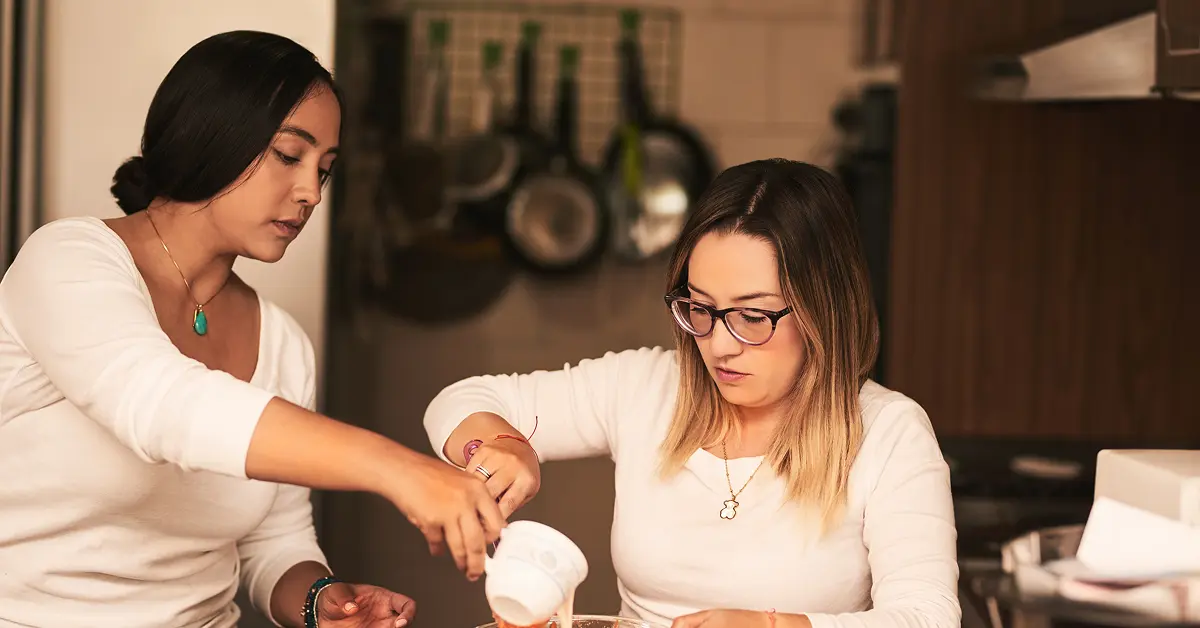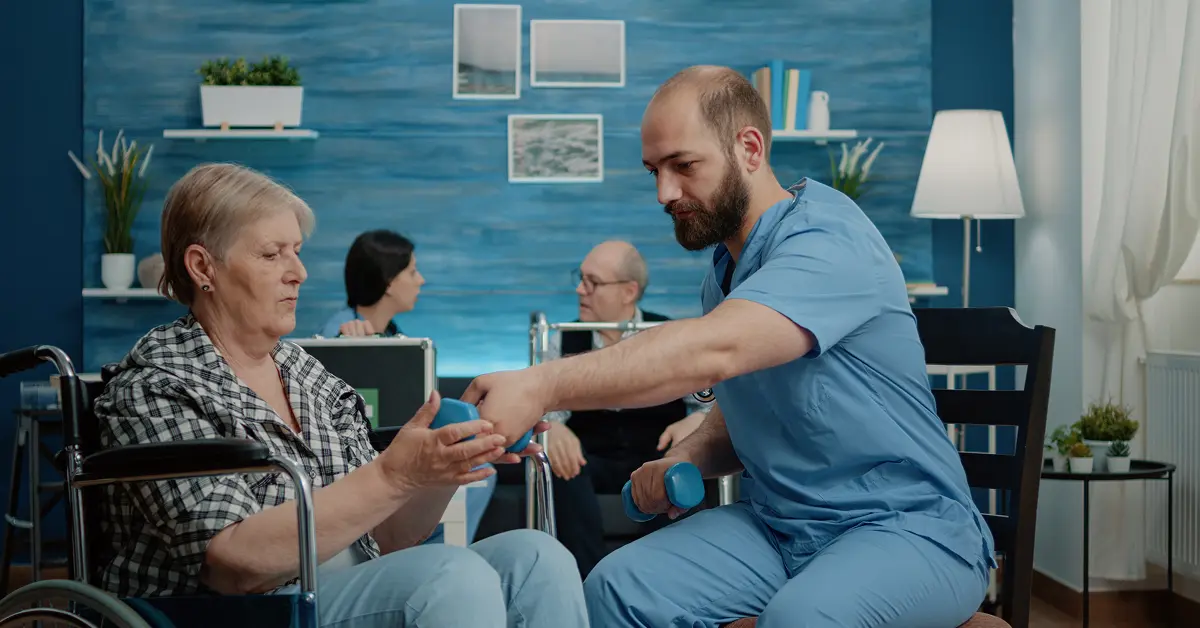Caring for an aging parent, a family member recovering from surgery, or someone with special needs can be challenging. Many families find it difficult to provide the level of care required while balancing their own busy lives. This is where a dedicated Best Caregiver Services at Home becomes an invaluable part of daily life, offering personalized support that enhances safety, health, and emotional well-being.
In this blog post, we explore what daily life looks like with a dedicated home caregiver, highlighting their role, responsibilities, and the positive impact they have on the lives of those they care for and their families.
What Is a Dedicated Home Caregiver?
A dedicated home caregiver is a professional who provides personalized care to an individual in their own home. Unlike agencies that assign different caregivers at random times, a dedicated caregiver consistently works with the same person, building trust, understanding specific needs, and delivering care tailored to those needs. This continuity fosters a stronger bond and often leads to better health outcomes and emotional comfort.
The Importance of Personalized Care
Personalized care means adapting to the unique requirements and preferences of the care recipient. Everyone’s health status, mobility, cognitive ability, and emotional needs differ. A dedicated caregiver tailors their assistance accordingly—whether it’s helping with daily hygiene, medication management, or simply providing companionship.
This personalized approach promotes independence while ensuring safety and dignity, key factors in maintaining quality of life at home.
Typical Daily Routine With a Home Caregiver
Morning Assistance
- Helping with bathing, dressing, and grooming
- Preparing a nutritious breakfast
- Administering morning medications and monitoring vital signs
- Assisting with mobility, such as safely getting out of bed or using a walker
Starting the day with a calm and supportive routine helps set a positive tone and reduces anxiety or confusion, especially for those with cognitive impairments like dementia.
Companionship and Engagement
Throughout the day, a dedicated caregiver provides more than just physical assistance—they also offer companionship. Loneliness is a significant issue among seniors and individuals with disabilities. Having someone to talk to, share stories, or even enjoy simple activities together, such as reading or playing board games, enriches their emotional well-being.
Caregivers often encourage mental stimulation and physical activity appropriate to the person’s abilities, which can improve mood and cognitive function.
Meal Preparation and Nutrition
Nutrition plays a critical role in health, particularly for the elderly or those with medical conditions. Caregivers plan and prepare balanced meals, taking into account dietary restrictions or preferences. They also assist with feeding when necessary and ensure the person stays hydrated throughout the day.
Medication Management and Health Monitoring
Adhering to medication schedules can be challenging for many. Dedicated caregivers help by reminding, administering medications, and watching for any side effects or changes in condition. They can also assist with scheduling and accompanying the individual to doctor appointments, ensuring continuity of care.
Household Support and Safety
Beyond personal care, caregivers help maintain a safe and clean environment. This may include light housekeeping, laundry, and organizing medications or medical supplies. They also conduct safety checks to prevent falls or accidents, such as clearing clutter or ensuring proper lighting.
Evening Routine and Preparation for Rest
As the day winds down, caregivers assist with evening routines like changing into nightwear, helping with personal hygiene, and preparing for bed. They might read or engage in relaxing activities to help ease the person into sleep.
Providing a sense of security during the night is another important aspect—some caregivers stay awake or perform periodic checks to address any urgent needs.
Benefits of Having a Dedicated Home Caregiver
Consistency and Trust
Having the same caregiver every day builds a strong, trusting relationship. This consistency makes it easier for the care recipient to communicate their needs and for the caregiver to notice subtle changes in health or behavior that require attention.
Improved Health and Well-being
Personalized care, timely medication, balanced nutrition, and regular activity all contribute to better physical and mental health. A caregiver’s vigilance can prevent hospitalizations and emergency situations.
Emotional Support and Reduced Loneliness
Social interaction and emotional support are vital to mental health. A dedicated caregiver offers companionship, reducing feelings of isolation and depression, which are common in elderly or disabled individuals.
Peace of Mind for Families
Families often worry about the safety and well-being of their loved ones when they cannot be present. Knowing a trusted caregiver is there daily provides reassurance and reduces stress for family members.
Challenges and How Caregivers Overcome Them
No caregiving situation is without challenges. Caregivers must be adaptable, patient, and empathetic. Some common issues include managing difficult behaviors, addressing fluctuating health conditions, and balancing care tasks with emotional support.
Professional caregivers receive training to handle these situations effectively, using communication techniques, safety protocols, and sometimes collaborating with healthcare professionals.
How to Choose the Right Dedicated Home Caregiver
- Experience and qualifications: Ensure they have proper training and certifications.
- Compatibility: The caregiver’s personality should match the care recipient’s preferences.
- References and background checks: Verify their reliability and trustworthiness.
- Flexibility: Ability to adapt to changing needs or schedules.
- Communication skills: Essential for building rapport and understanding needs.
Conclusion
Daily life with a dedicated home caregiver can transform the experience of living with health challenges or aging at home. Beyond physical assistance, caregivers provide companionship, emotional support, and personalized attention that greatly enhance the quality of life.
For families seeking a solution to meet their loved one’s needs while maintaining independence and comfort, a dedicated home caregiver is often the best choice. Their role not only supports the individual but also strengthens the entire family’s peace of mind.
If you are considering home care for a loved one, take time to understand the benefits of dedicated caregiving and choose the right caregiver to ensure the best possible daily life experience.
Contents
Our 24*7 services
Latest Posts
- What Is Respite Care and Why Is It Important
- Affordable home care for senior citizens in India
- Caring for Seniors with Dementia or Alzheimer's at Home
- Senior Caregiving A Guide for Every Family
- How to Write a Caregiver Resume That Gets You Hired
- How Care After Hospital Discharge Speeds Up Recovery at Home
- How to Get Home Health Care for Seniors Through Medicare
- What Does a Senior Citizen Caregiver Really Do at Home
- How to Care for Elderly Parents with Alzheimer’s or Dementia
- How to Get 24-Hour Care for Seniors at Home



